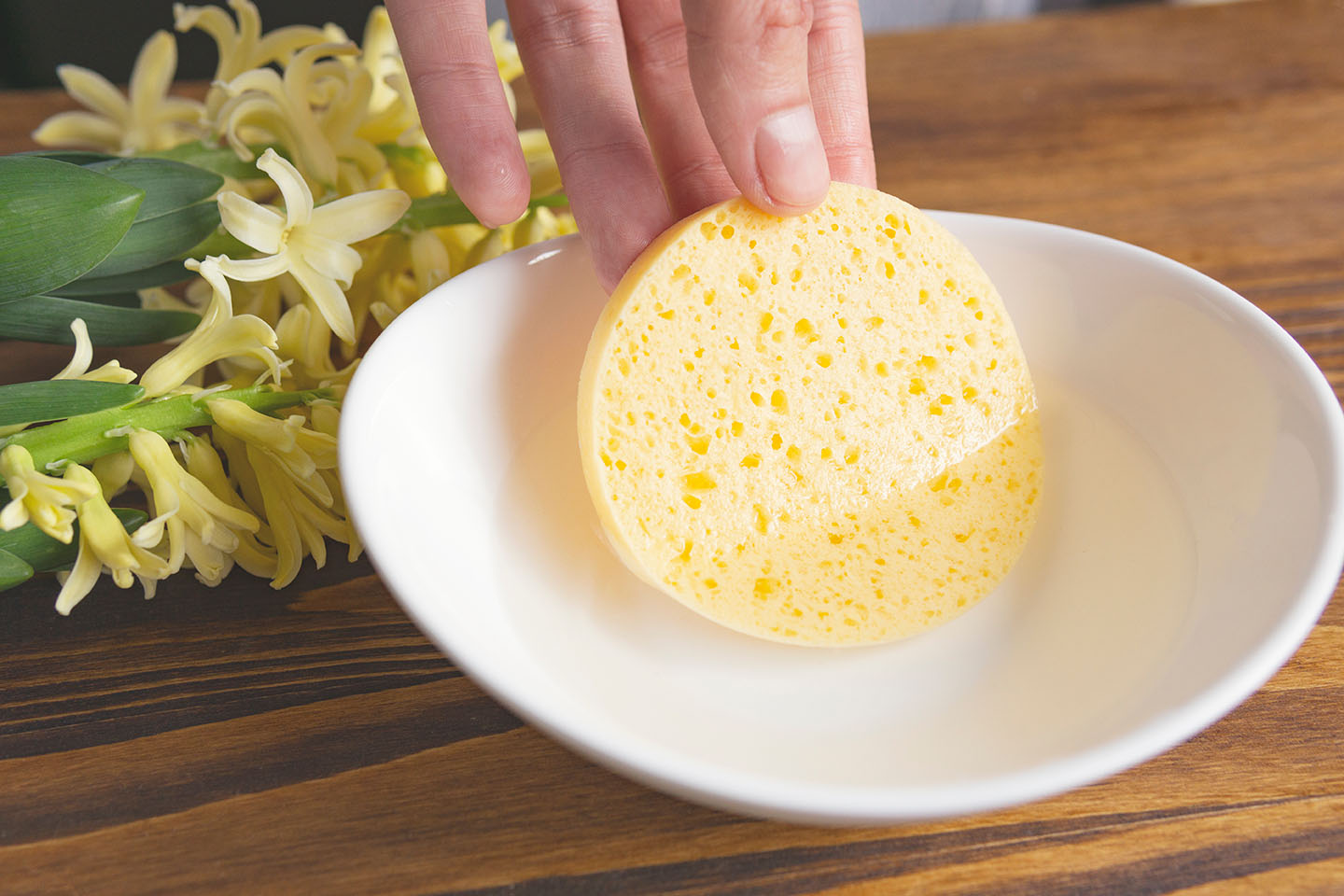

Absorb means to take in something and make it a part of oneself. In science, it is when a material takes in another material.
There are two main types of absorption: physical absorption and chemical absorption.
Physical absorption is when a material takes in another material without changing its chemical composition. For example, a sponge absorbs water without changing the chemical composition of either the sponge or the water.
Chemical absorption is when a material takes in another material and changes its chemical composition. For example, a plant absorbs sunlight and water and uses them to make food.
The plants absorb sunlight to make food.

Noun: absorption.
Adjective: absorbable.
Adverb: colour.
Verb: absorb, absorbable, absorbed, absorbing.
Synonyms: assimilate, incorporate, take in, soak up.
Antonyms: emit, give off, release.
The term for absorb in entomology is imbibition. It is derived from the Latin word "imbibere", meaning "to drink in". The term refers to the process of taking in liquid or other substances through the skin or other body surfaces.
What materials absorb other materials?
Question:
A black car and a white car are parked in the sun. Which car will absorb more heat from the sun?
Answer:
The black car will absorb more heat from the sun than the white car. This is because black absorbs more light than white. Light is a form of energy, and when light is absorbed, it is converted into heat. So, the black car will absorb more light from the sun, and therefore it will absorb more heat.
Address
Developing Experts Limited
Exchange Street Buildings
35-37 Exchange Street
Norwich
NR2 1DP
UK
Phone
01603 273515
Email
hello@developingexperts.com
Copyright 2025 Developing Experts, All rights reserved.